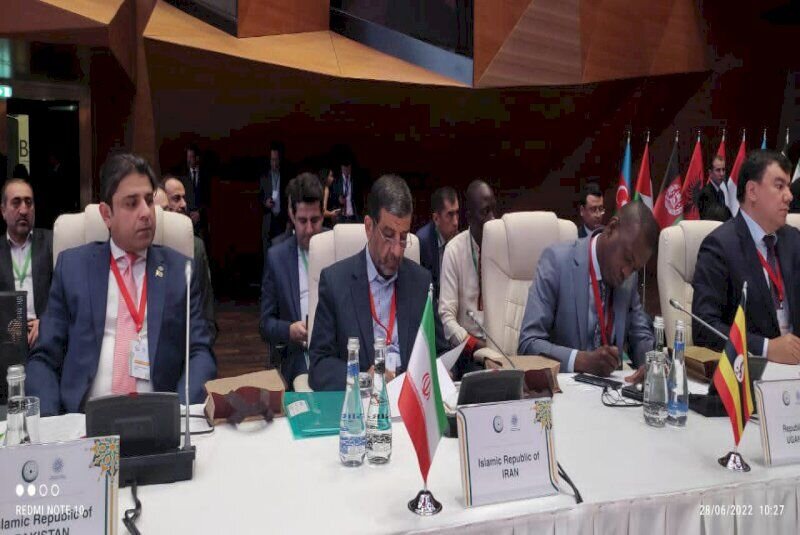TEHRAN – Tourism can facilitate interactions between nations and improve stability and security, Iran’s Cultural Heritage, Tourism, and Handicrafts Minister Ezzatollah Zarghami has said.
He made the remarks in the ministerial meeting of the 11th edition of the Islamic Conference of Tourism Ministers (ICTM), which was held in Baku, Azerbaijan on Tuesday.
“Along with economic dimensions, tourism has also a spiritual and humanitarian component that can provide a forum for promoting cultural exchanges, strengthening solidarity, and bringing peace to all nations,” he said.
“In an increasingly dangerous world, an increasing number of Organization of Islamic Cooperation (OIC) member states have been victims of terrorism, aggression, and extremism, but tourism can pave the way for greater interaction between nations,” he explained.
In the fields of religious tourism, health tourism, environmental tourism, ecotourism, cultural tourism, maritime tourism, and gastronomy, the OIC member countries have high capacities and capabilities, so they should attract more international tourists, he noted.
Before the outbreak of the coronavirus, about 250 million of the 1.4 billion international tourists visited OIC member countries, he mentioned.
“It is therefore important that all OIC members do their utmost to promote their tourism potential to the world, and to encourage their citizens to visit each other’s countries.”
All people in the world are entitled to tourism, but most of the world's sights are located in Islamic countries due to their geography, he added.
“Therefore, both Islamic countries and the international community should provide the necessary conditions for world visitors to visit these sites so that this right is not denied.”
The participants in this conference, representing Islamic countries, can assist each other in developing and prospering tourism in the Islamic world, thereby ensuring security, stability, peace, prosperity, and well-being in society, he said.
With the full cooperation of the media and the expansion of members’ capacities, it is necessary to quickly compensate for the historical backwardness of tourism in Islamic countries, he concluded.
The Islamic Republic expects to reap a bonanza from its numerous tourist spots such as bazaars, museums, mosques, bridges, bathhouses, madrasas, mausoleums, churches, towers, and mansions, of which 26 are inscribed on the UNESCO World Heritage list.
TAGS


No comments:
Post a Comment